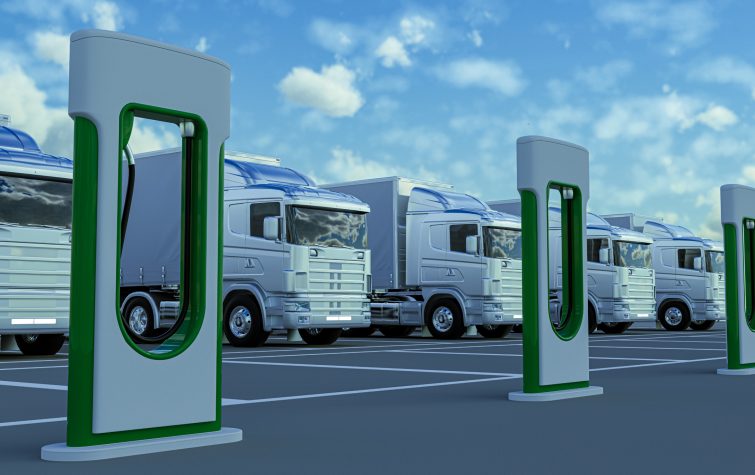Electric Trucks Face Roadblocks Amid Push for Cleaner Fleets

The Challenge of Zero-Emission Trucks in Commercial Fleets
As pressure grows for logistics companies to adopt sustainable practices, achieving zero-emission trucks remains a tough road ahead. Many leading trucking companies are working to cut carbon from their fleets. However, they’re mostly focusing on lower-carbon fuels, like natural gas and biofuels, instead of electric or hydrogen-powered trucks. These alternatives help reduce emissions but are only temporary solutions. They won’t achieve the zero-emission goals needed in commercial trucking.
Cost Barriers to Electric Truck Adoption
According to a recent McKinsey study, electric trucks currently cost 2.5 to 3 times more than traditional diesel models. This price gap creates a major obstacle for logistics firms. To make electric trucks more viable, production costs need to fall by at least 70%. This would bring them within 30% of the price of diesel trucks. But reaching this goal will require advancements in battery technology and production efficiency. With many fleet owners already facing tight budgets, it’s difficult for them to justify such a costly shift.
Infrastructure Limitations Slow Progress
Another significant hurdle is infrastructure. To support electric trucks on a large scale, Europe will need 900,000 charging stations by 2035. Additionally, charging costs must decrease by 25% to make adoption feasible. Utility providers also face the challenge of managing increased demand on the grid.
A Complex Path Forward
The journey to zero-emission fleets isn’t just a matter of replacing vehicles. It requires coordinated changes from vehicle manufacturers to utility companies. For global mobility leaders, staying up-to-date on these developments is essential. The shift in freight mobility could have significant effects on relocation timelines and costs.
For more insights, you can read the full McKinsey report by clicking HERE.



